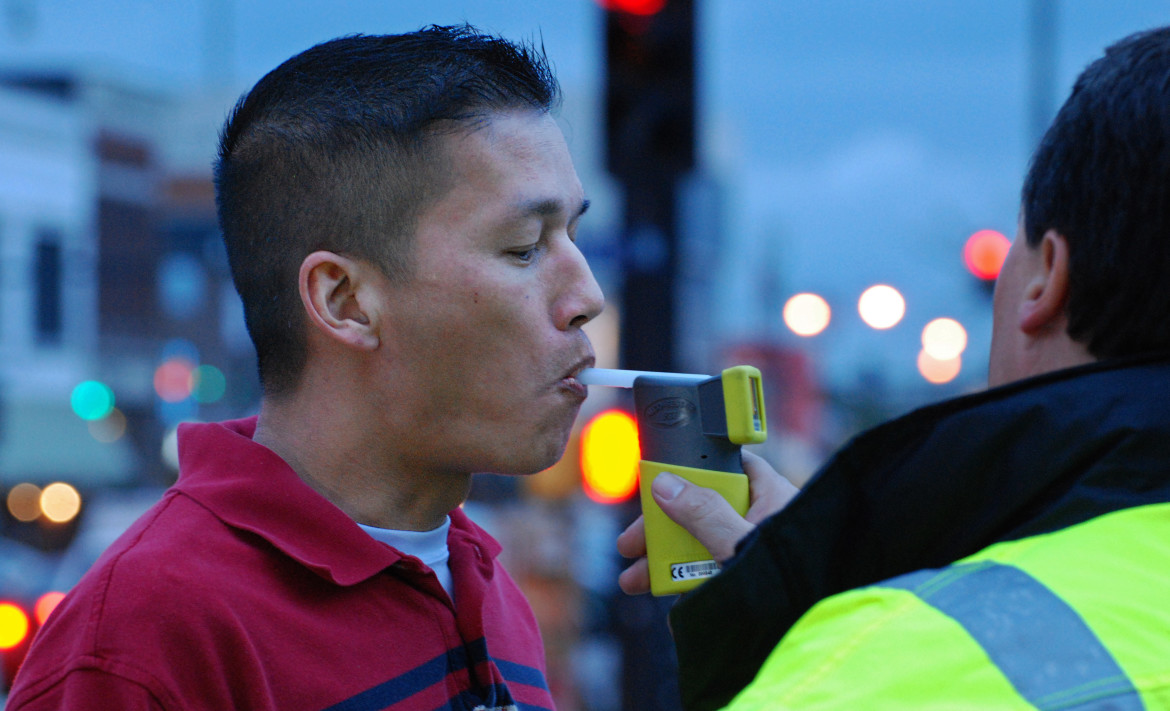By Sargon Jajjo

Drug impaired drivers now face the same consequences as alcohol impaired drivers, the Ontario government announced Wednesday. (Creative Commons.)
This week’s announcement of harsher charges against drug impaired drivers is a step in the right direction, Toronto Police said Thursday.
“This is a step forward, but, sadly a challenge the community faces on a daily basis,” Const. Clinton Stibbe, of Toronto Police Services, told Humber News.
The Ontario government announced new rules on Wednesday to crack down on drug impaired drivers, starting this Sunday.
The new penalties will, among other things, include a $180 fine, an immediate licence suspension of three days for the first occurrence, a possible 90-day licence suspension, and a vehicle impoundment.
Police said the number of drug impaired drivers has increased significantly since last year.
Fifty-seven drug impaired charges have been handed out to drivers this year compared to 21 during this time period last year, according to police.
MADD, a prominent charitable group against impaired driving, said it is pleased with the latest provincial response on cracking down on impaired drivers.
“This is something where we are very pleased with what the Ontario government has done,” said Carolyn Swinson, a member of MADD, said in an interview with Humber News.
Despite the latest announcement from the provincial government, there are still questions about how to crackdown on drug impaired driving.
‘This is a step forward, but, sadly a challenge the community faces on a daily basis,’ Const. Clinton Stibbe
Stibbe said there are multiple steps available to police.
“There are Standard Field Sobriety Tests which are administered by officers at the roadside and pending the results of those tests, a person would be brought to the station for a further exam by a drug recognition expert,” said Stibbe.
“This assessment would determine what category of drug and or alcohol the person may have consumed. This would include cannabis.”
There is still more work to be done before police can conclusively assess just who might be a drug impaired driver, Swinson explained.
“It is more difficult to detect drugs, but there are ways,” said Swinson.
Swinson believes the next step for the federal government is to approve roadside testing that detects drug impaired drivers.
“The RCMP approved the [roadside] tests, but the police don’t have the authority to use them at this point… The tests need to be approved by the federal government,” said Swinson.
The Canadian Centre for Substance Abuse reports that nearly as many drivers died in a car accident involving drugs, as those involving alcohol.
In 2010, 34 per cent of car accidents resulting in the driver’s death involved drugs, while 39 per cent of deaths involved alcohol, according to the centre.
Toronto Police said they will continue enforcement until the roads are clear of impaired drivers.

